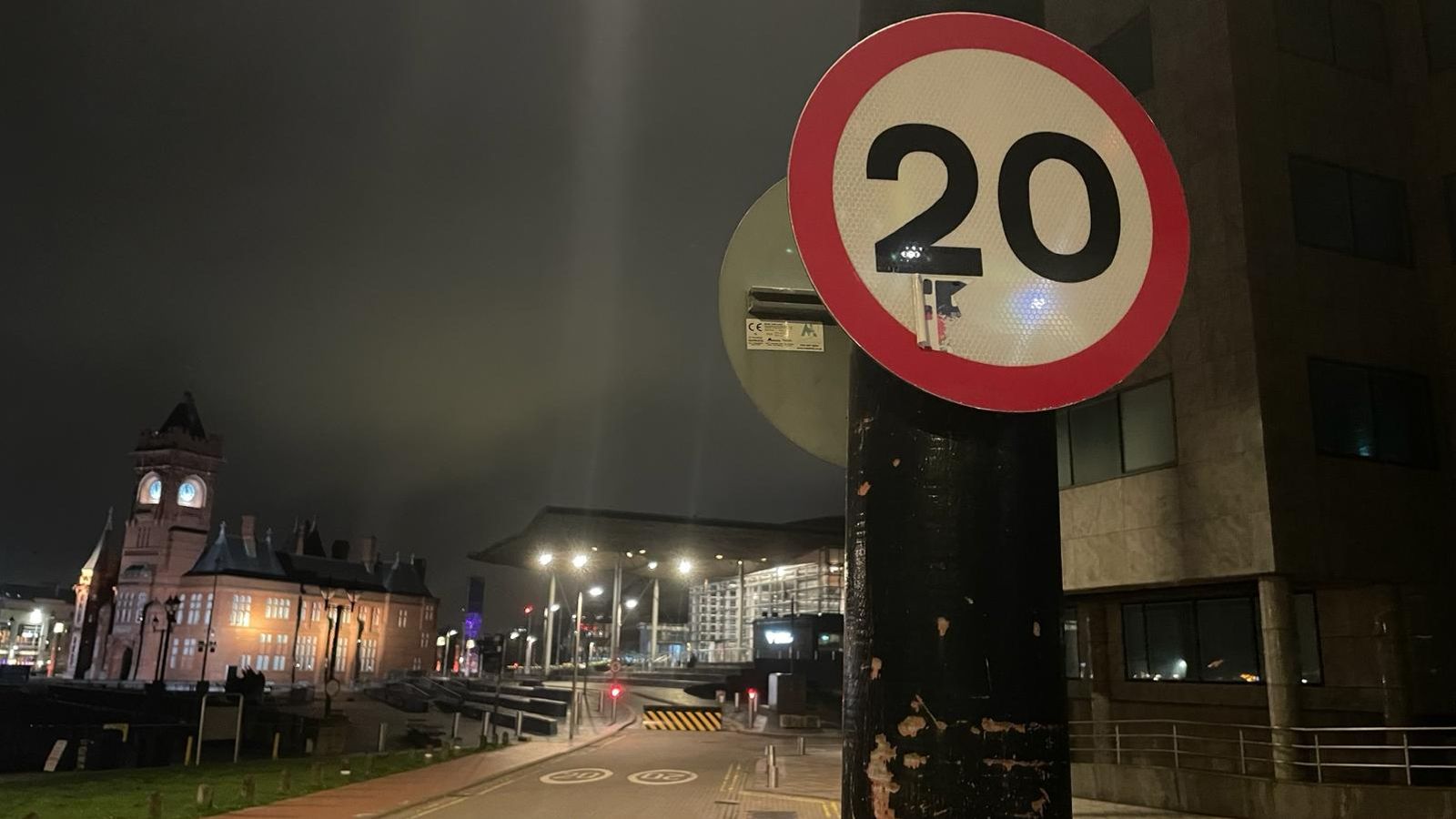And clearly, it must work, because all those countries have fewer road deaths and serious injuries than we do?

I made that point to counter the claims from the entitled and selfish people that having a lower default speed limit on restricted roads is a monstrous idea. I made it to show that it is the accepted norm for enormous numbers of drivers. I made it to show that it is the shouty, how-dare-you-tell-me-I-must-not-do-30mph-don't-you-realise-how-essential-it-is-that-I-get-my-way snowflakes are the outliers.
Trying to compare accident statistics between different countries is pointless because of the number of factors which vary.
But it you want to remove all those other factors by looking at one particular country, I suggest you do not try to deny the correlation between speed and accidents, nor the data from UK 20mph zones showing lower accident rates and reduced casualties.
I suggest that because I know you really,
really don't want it to be true, and the truth might upset you. And as you are a driver who cares about
nothing other than the speed you may drive at, we can't have you upset, can we.
Except that's not actually true, is it? The 20 MPH limits have been something of a clusterf%^$, with a great deal of back-tracking now taking place, after widespread compliant.
Genuine complaint?
Reasoned, fact-based complaint which takes into account majority support, the benefits to the environment, the proven reduction in casualties, etc?
Or just confected, ignorant rage stoked by deplorable libertarian and partisan newspapers, and by idiots shouting lies on social media?
Except "society" hasn't decided that. A relatively tiny number of people decided that, and one of them stood down when he saw the mess it caused and the strength of opposition to it. There is now an embarrassing row-back on some of the limits that were inappropriately imposed.
Inappropriate 20mph limits can be revised in just the same way that inappropriate 30mph ones have been in the past. But you don't want to know that.
And as for society - year after year after year, surveys show a support

pposed ratio of 6 or 7 to one. I get that you don't want to know that, ut how credible do you think your denials are going to be?
Only to the extent that the objectives of every other speed limit can be achieved by enforcement. (Which is very little, as about half of drivers exceed speed limits). I believe that vast majority of them in the 20 MPH Welsh limits are also doing so?
Obviously it is better for society if people obey laws willingly.
But for the outliers who refuse to accept the legitimacy of laws which they personally dislike, I see no reason why enforcement cannot be used more widely, and more forcefully.
Put it this way - if all the drivers in the 500,000 who signed that petition in Wales systematically defied the law then I would regard the scenario where each and every one lost their licence as ideal.
Because nobody on 9 points ever got done for speeding... right...?

I'm sure they do.
I'm equally sure that for
most people, as they start racking up penalties for ignoring a 20mph speed limit because it used to be 30mph and they cannot tolerate it changing, the penny will drop that no, it really isn't up to them, and ignoring it really is not an OK thing to do.
Think of those dozens of countries and hundreds of millions if not billions of drivers where there's a 20mph/30kph limit in urban areas - is there mass disobedience?
Yes.
Proof, please.
A lot of "whataboutism" going on there.
The "whataboutism" was designed to show how fatuous the argument is that we shouldn't have laws because some people disrespect them.
Speed limits are (and have always been) a very blunt instrument.
There is no better one. However much you wish it were not so there
is a positive correlation between speed and the incidence and severity of accidents. The one place where we can see what happens when drivers are left to their own devices to determine what is an appropriate speed vs not, with all other possible contributory factors cancelled out, are German autobahns.
According to the German Federal Statistical Office, fast driving is the main cause of collisions on autobahns. An evaluation by the German Road Safety Council showed that in 2016 statistically 26%
fewer people died on autobahns
with a speed limit per kilometer than on autobahns
without. A similar trend could be observed in the number of serious injuries.
And as you know (but may well be utterly desperate to deny) there is a reduction in both the number and severity of accidents when 20mph zones are introduced in the UK.
For well over a decade now, the nation's road death and serious injury figures have been stubbornly static, despite increasingly draconian automated enforcement of speed limits (...followed by widespread reduction of speed limits and then even more enforcement of the reduced limits).
The trend is downwards when you consider the increase in traffic volumes
At what point are the "speed kills" brigade going to stop and think about whether they might be barking up the wrong tree?
At what point are you going to stop thinking that your "right" to drive at 30mph on busy urban roads trumps the interest of every single other person using the roads to walk, or cycle, or take their children to school, or allow them to go there unaccompanied?



